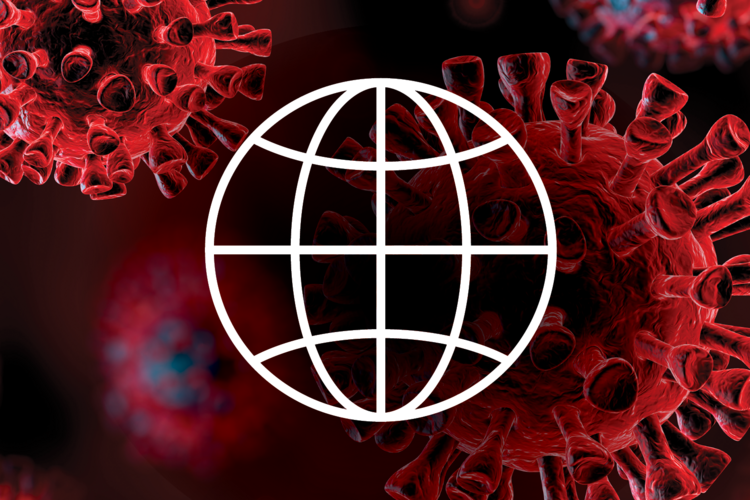The shutdowns in the United States—of businesses, restaurants, schools, churches—began one year ago this March. We asked 14 experts to reflect on the biggest lessons from the past year in the hope that they might help us find a better way forward. You can read the rest of the series here.
The Jesuit Refugee Service has a simple motto: accompany, serve, advocate. Before the Covid-19 pandemic, JRS had a single method for how to do this: in person. Walking with forcibly displaced people was done side by side. Anything important required physical presence.
For the first month of the lockdown, we were in organizational shock, trying to figure out how to stay true to who we are in a new normal. Then creativity and imagination stepped forward.
Zoom replaced travel. Radio and WhatsApp transported teachers’ voices. Monthly Microsoft Teams meetings superseded endless email loops. We got so good at these things that travel, teaching and communication will never go back to exactly the way they were. Through online Masses and digital faith sharing, we are keeping our spiritual foundation alive, as well.
Pope Francis always reminds us that we are in one boat together. Covid-19 has taught us that we are together in the digital boat as well. While digital is not a full substitute for human contact, it accompanies better than we thought.
With that in mind, the key lesson about globalization is the old challenge: How does digital access cross the last mile? How do our forcibly displaced sisters and brothers fully participate in a digital world? It is not only online learning or counseling; it is also online employment in the global economy that will help transform marginalized refugees into participants in their new communities and in their own destinies. Without digital access, we are not in the boat together.
Accompaniment is more than walking with people. In the words of Joe Hampson, S.J., a longtime JRS team member, it also includes capacity building, empowerment and effective support. The digital world can help us do this.
Catholic Colleges and Universities
Developing Nations
Mental Health
The American Family
Inequality
Technology
Catholic Schools
The American Work Force
Parish Life
Children’s Health
Economy
Catholic Hospitals
Spiritual well-being








